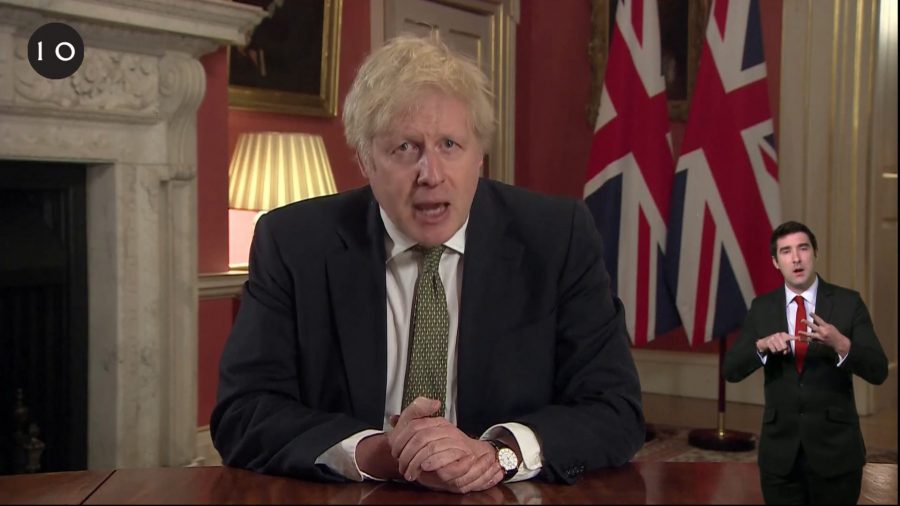Boris Johnson announced that England will be returning to a third national lockdown on January 4.
It was after the new variant of COVID-19 was found, which is 50-70 per cent more transmissible, meaning that the tiered system in England was not containing the spread of the new coronavirus variant.
Here is a summary of the new rules:
Leaving the home
You must only leave your house for these specific reasons:
- To shop for essentials
- To go to work if you are unable to do so from home
- To exercise by yourself, with one other person from a different household or with your household bubble
- To seek medical assistance
- To escape domestic abuse
Those people who have formed support bubbles are allowed to meet socially if it legally applies.
If it does not then meeting with other households in a social setting is not permitted.
Shielding will also resume, meaning that those who are clinically vulnerable should remain home as much as possible and avoid social contact.
Those who will be required to shield will be notified via the post.
Education
Primary schools, secondary schools and colleges and will be closed for in person teaching and operating remote teaching only.
The children on vulnerable people and key workers however can continue to attend school.
Early year settings such as nurseries will remain open to everyone.
Children who are on free school meals will still have those provided.
Increased remote support will also be given.
GCSEs and A levels will be cancelled this year.
The Government is working with the exam’s regulator Ofqual to determine the best way to fairly recognise student’s work.
University courses such medicine and dentistry, Veterinary Science, and Social Work will continue to have in person teaching.
All other courses must switch to remote learning.
Students should remain where they are and not go back and forth between their university accommodation.
Conclusion
The UK will move to Alert level 5, meaning that if effective action is not taken to curb the virus, the NHS will be overwhelmed within a short period of time.
The Prime Minister however reiterated that unlike the first lockdown in March, the UK is rolling out a vaccine that will effectively stop the virus.
The timeframe for the people in the four top priority groups identified by the Joint Committee on Vaccination and Immunisation to be vaccinated is the middle of February.
However, Johnson said that this would not mean restrictions could not be dropped then, as there is a short time delay for the vaccine to activate, and it will also take time for this change to register in hospitals.
Johnson said that he was optimistic if people followed the rules, if the rollout of vaccine is successful and is effective, and our current understanding of the virus doesn’t change, then he is confident that regions can begin to move down the tiered system.
The measures will not be enforced in law until Wednesday, as they need to be approved by Parliament.
However, Johnson asked the public to alter their behaviour to meet these new measures immediately.
By Kieran Burt
Featured image: UK Prime Minister.

